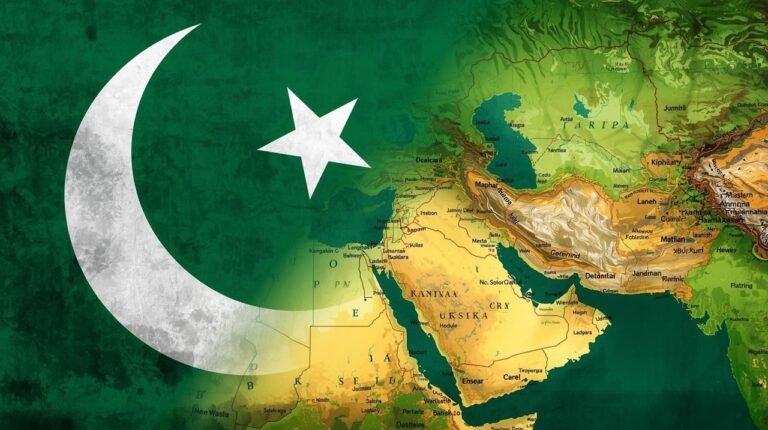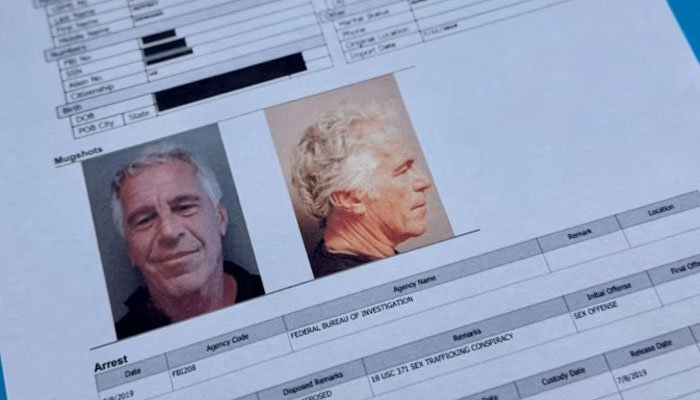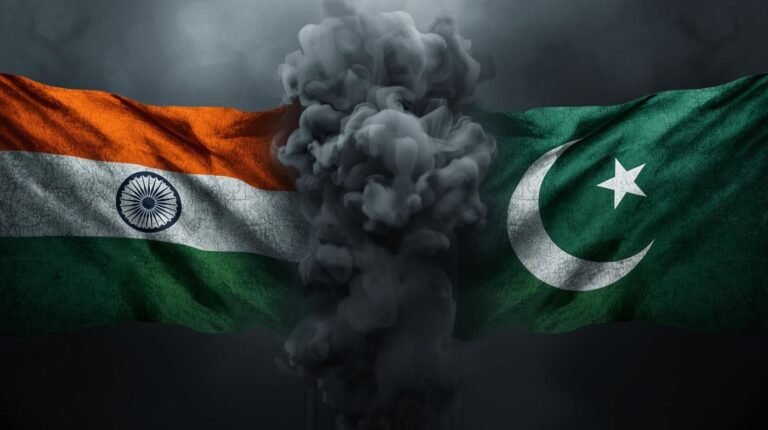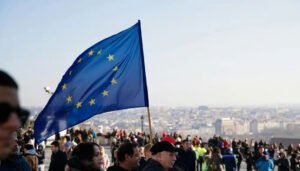Peace Perspectives: When demanding peace becomes a crime in certain regions of Pakistan, particularly Khyber Pakhtunkhwa and Baluchistan, a peculiar paradox emerges. On the one hand, there are voices calling for “peace” and “calm” and“ peace protests” while, on the other hand, those very voices are silenced forever by many state and non-state actors. Although, there are several geopolitical aspects such as Pakistan’s involvement in Soviet war. Still, the ordinary people aren’t aware of the intricacies of these geopolitical dynamics.
Many young Pashtun and Baloch leaders, scholars, activists, and ordinary citizens have been killed simply because they spoke of peace. But the question arises: Were they truly advocating for peace, or were they unknowingly challenging a larger reality?
This article attempts to answer this question truthfully. The True Reality of Peace means when someone passionately advocates for peace, organizes rallies, marches, and spreads awareness, they are, in fact, challenging the interests of three powerful forces. This is the moment when demanding peace becomes a crime.
Fundamental Forces Against Peace
The three Fundamental Forces Against Peace are:
Deep State and Buffer Zone Theory. These are unofficial powers that want to maintain certain regions of Pakistan as “buffer zones” – neither fully at peace nor fully at war. Their goal is to: Maintain uncertainty in these regions and control the narrative of terrorism, counter-terrorism, funding, and arms supply. Furthermore, they want to use these regions for their geographical, military, or economic purposes.
Militant Resistance Groups/Terrorist Forces: These groups either emerge from hatred towards the Deep State or receive foreign backing and support. They see peace advocates as a threat to their mission because they want to brainwash and utilize youth. Moreover, they capitalize on victimhood to gain sympathy and invite people to join them. They want to suppress any voice promoting awareness, education, or democratic processes. Feudal Lords, Sardars, and
Political Elites: This class is neither part of the Deep State nor terrorists but has vested interests in both. Their concern is: If ordinary youths become aware, question, and demand votes, their politics will be threatened. Therefore, they first discredit and then eliminate any “peaceful awareness-raising” individual. They consider education and awareness a threat to their interests.
Types of Killer Elements
There are three types of Killer Elements. When these three forces deem someone a threat, they use three types of actors to eliminate them:
Hired Killers: These are people nurtured by local feudal lords or politicians. They are often involved in cases or crimes of killing people deemed a threat to the interests of feudal. They are recommended and used for hooliganism and targeted killings.
Brainwashed Militants: These are ordinary people used based on ideology or victimhood. They are shown a certain picture of reality, making them believe that taking up arms is their duty. They are mostly youths, sometimes part of the Taliban or other groups.
Death Squads: These are secret squads operating at a state level. They have the power to eliminate anyone without trial or reason, known as “Unknown”. A specific circle decides who lives and who dies. They decide a person’s life. Where is Peace?
Advocating Peace
When someone advocates for peace: They challenge these three forces: they spread awareness, they talk of democracy, they demand an end to buffer zones, universal education, and true citizenship. All these things are unacceptable to these three forces. Peace can be achieved by revolutionizing the system. Peace should not mean suppressing one’s power; rather, it should mean establishing a system that doesn’t allow anyone to misuse power.
This system can only come through: democracy, Constitutional equality, equal provision of education, justice, and employment, reconciliation, general amnesty, and a forward-thinking approach. Free and Fair Pakistan Vision can also be a solution to maintain peace in Pakistan.
Government and other institutions should gain support by assisting the law and people. Every home has the Pakistani flag, every hand holds education, not a gun, every court provides swift justice, every police station is transparent, every school offers quality education, every hospital provides equal and quality treatment, every individual has equal dignity, regardless of nation, sect, or region.
Demanding peace can be emotional, but ground realities show that peace is not a simple demand – it is a complete political, social, and ideological challenge. When we want peace, we can’t bring peace even if we want to. Because, in the process of demanding peace, we become part of these three forces’ game. And then these forces use us for their own interests. But the problem is not just power; the root is mistrust: the state doesn’t trust the people and the people don’t trust the state and between them, politicians, military, and feudal lords are all afraid of each other. So, we need a system based on justice and trust for peace building.







Your writing has a way of resonating with me on a deep level. I appreciate the honesty and authenticity you bring to every post. Thank you for sharing your journey with us.
Mirror ensures fair access for players around the globe.